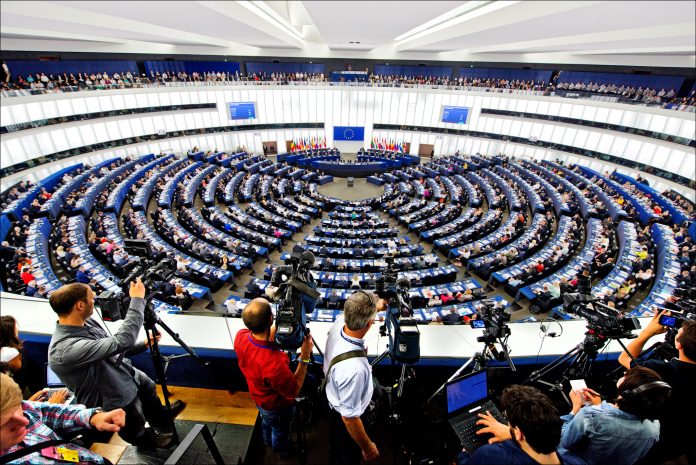Internal border checks within the Schengen area would be limited to a maximum of one year, instead of the current two-year period, the Civil Liberties Committee agreed.
The Schengen Borders Code currently under revision allows member states to temporarily carry out checks at internal borders of the Schengen area, in the event of a serious threat to the public order or to internal security.
The Civil Liberties Committee agreed on Monday that:
the initial period for border checks for foreseeable events should be limited to two months, instead of the current six-month period, and
border checks cannot be extended beyond one year, halving the current maximum limit of two years.
MEPs in the Civil Liberties Committee also stressed that as the free movement of persons is affected by temporary border checks, these should only be used in exceptional circumstances and as a measure of last resort.
New safeguards for extensions
EU countries should provide a detailed risk assessment if temporary border checks are extended beyond the initial two months. This assessment should explain why alternative measures have proved to be insufficient and how border checks would help to address the identified threat. Neighbouring EU countries affected by the possible border checks should be involved in the risk assessment.
Furthermore, any subsequent extension of border checks beyond six months would require an opinion from the Commission and should be authorised by the EU Council of Ministers. MEPs also want the Parliament to be more informed and involved in the process.
“Six Schengen states have been illegally carrying out controls at internal borders lasting more than three years, despite a two-year maximum period. This shows how ambiguous the current rules are and how states misuse and misinterpret them. If we want to save Schengen, we need to put a stop to this and establish clear rules,” said Rapporteur Tanja Fajon (S&D, SI).
The draft report was adopted by 30 votes in favour, to 13 against and 12 abstentions.
The Full House will vote on the mandate to start informal talks with EU Ministers. The talks can start as soon as the Parliament adopts its position, as the Council has already agreed on its mandate.
Austria, Germany, Denmark, Sweden and Norway currently have internal border checks in place due to the exceptional circumstances resulting from the unprecedented migratory crisis that started in 2015. In addition, France has internal border checks in place because of a persistent terrorist threat.

